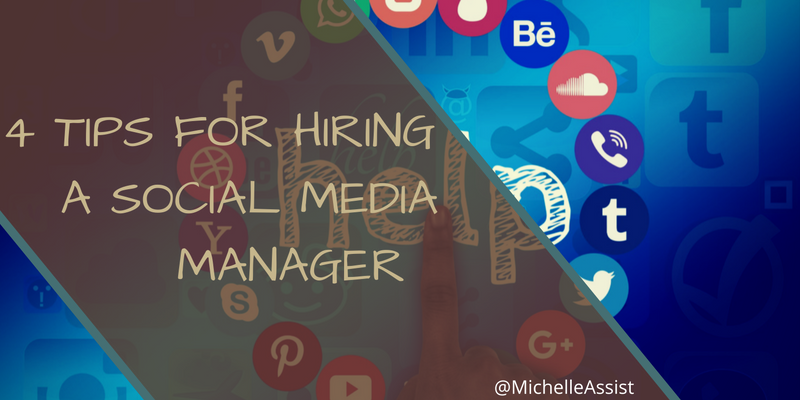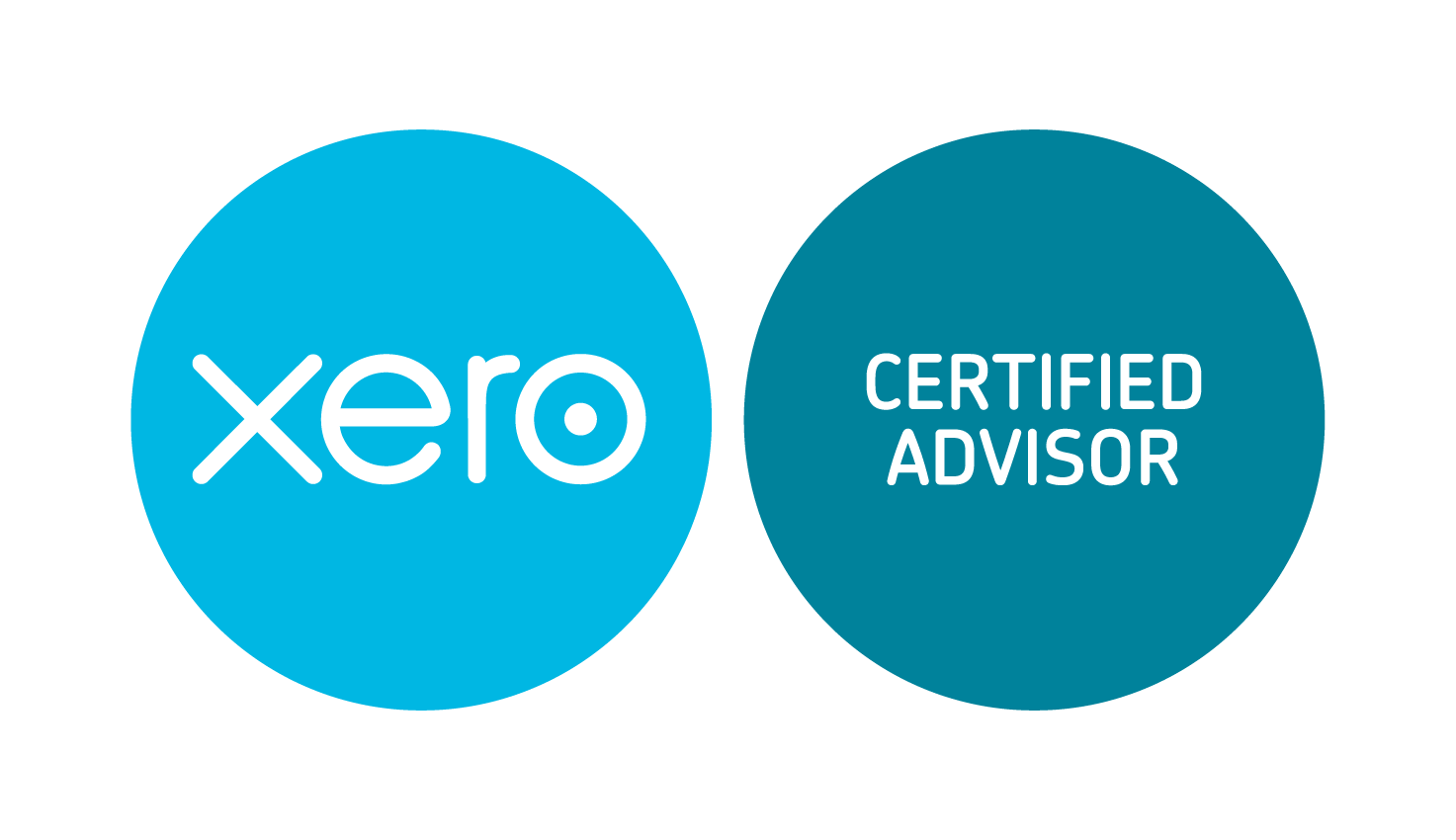[vc_row][vc_column width=”1/1″][mk_custom_box bg_color=”#466f73″ bg_position=”left top” bg_repeat=”repeat” bg_stretch=”false” border_color=”#ffffff” padding_vertical=”30″ padding_horizental=”20″ margin_bottom=”10″ min_height=”100″]
Communication is not that important…
Working together with someone else is a very natural process. In so doing, you will automatically and quickly begin to understand what the other person needs. It is safe to assume that if you understand or know something, so does the person you are working with. In addition, you should always be confident that if something said sounds rude or dumb, it is because the other party is, indeed, both stupid and insolent.
If this doesn’t ring true to you, you’ve probably spent too much time on other blogs reading tips about “effective” communication. You may have even read that communication needs to be “thoughtful.” These posts are misguided. These posts make the assumption that most people can fail at communication if they talk at others mindlessly. Not so.
I’m here to tell you the #1 underlying law of communication that all those other posts miss: communication only fails if one party is incompetent.
In fact, if you have a so-called “communication breakdown” with anyone you work with, you should fire him. If you’re the underling, go get a better job. It’s your only hope.
Communication Tips
Here is some advice that you won’t find anywhere else:
Don’t worry about being mindful of the person you are communicating with.
There is no need to have an awareness of the other party’s situation or realize they might not know what you know.
Don’t re-read any emails or messages you receive; that’s a waste of time.
In fact, you should skim most incoming messages. If you are halfway through and have a general idea of the issue, go ahead and respond immediately, and put it out of your mind so you can focus on important issues. Like reheating your coffee.
Don’t ever try to answer unasked questions.
If someone wants to know something, they will ask it in a way that is very obvious.
Don’t ever, when writing, try to predict questions the reader will ask and answer them in advance.
This goes back to what I said previously: it is safe to assume that if you understand or know it, so does the other party. Explaining something unnecessarily would be a waste of time.
Don’t re-read things that you’ve written or edit your word choices for clarity.
You know what you just wrote, and you wrote what you wrote for a reason. Don’t waste time fixing what has already been done.
Don’t use any more words than needed to get your point across.
Just don’t.
Don’t continue working with people who ask annoying questions in response to your perfectly clear communication.
Again, these people are clearly incompetent. Find better colleagues.
I hope this helps! If you have any other communication tips, please leave them below in the comments. If this has changed your life, I’d love to hear it in the comments, as well.
(In case I was not clear, this post is sarcastic.)
[/mk_custom_box][/vc_column][/vc_row]








Leave A Comment